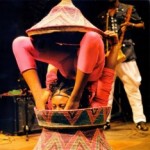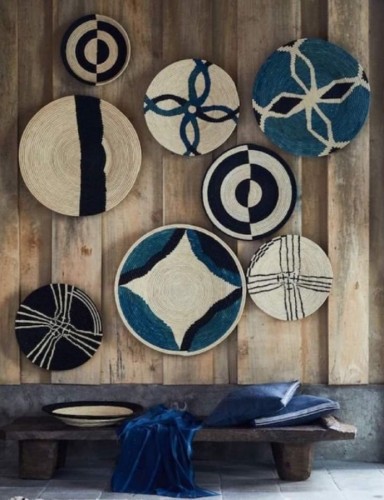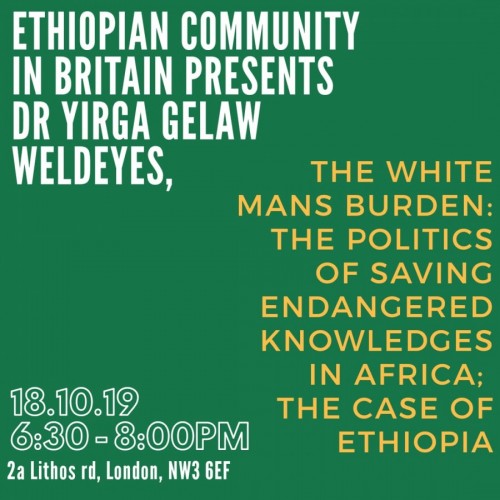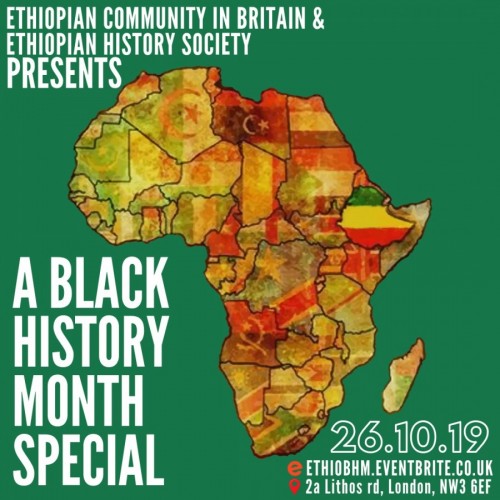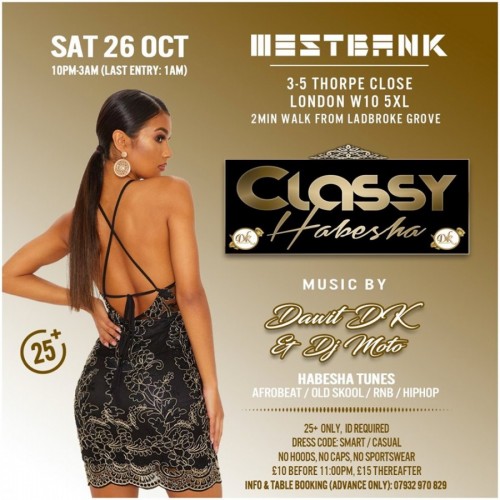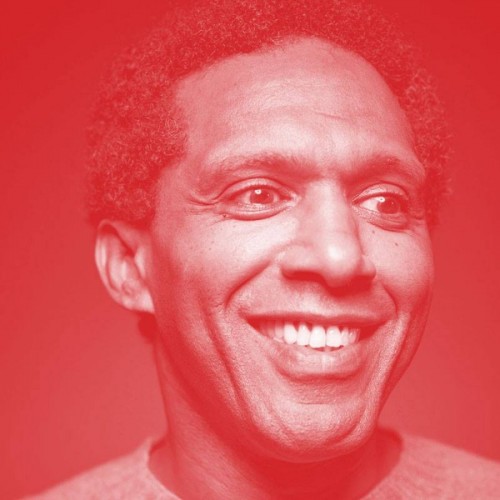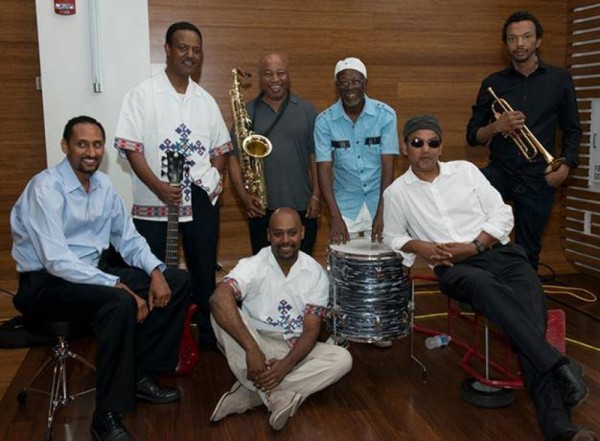THE EX, FENDIKA AND CIRCUS DEBRE BERHAN EUROPEAN TOUR - June-July 2014
Catch the THE EX, FENDIKA and CIRCUS DEBRE BERHAN live during their summer European tour.
- 20/06 LANDGRAAF - De Oefenbunker
- 21/06 THIONVILLE (France) - Fête de la Musique
- 22/06 LEIPZIG (Germany) - Schauspiel Theatre
- 26/06 ANTWERP (Belgium) - Het Bos
- 28/06 LARZ (Germany) - Fusion Festival
- 04/07 ROSKILDE (Denmark) - Roskilde Festival (Fendika)
- 05/07 AMSTERDAM - Tolhuistuin (Circus Debre Berhan afternoon show)
- 05/07 AMSTERDAM - 30 jaar Binnenpret, OCCII (Fendika + Circus Debre Berhan)
- 06/07 HERTME - Afrika Festival (Fendika + Circus Debre Berhan)
- 06/07 AMSTERDAM - Amsterdam Roots Festival (Circus Debre Berhan)
The Ex The adventurous, innovative Dutch band The Ex just celebrated its 33⅓ year anniversary with a series of festivals. Not merely retrospective but primarily forward-looking and adventurous. Among the many guests invited were young as well as seasoned experimental, improvising and other exciting musicians from Amsterdam, Berlin, New York, Chicago, Ethiopia, Scandinavia and Great Britain. The Ex have defied categorization ever since they started playing in 1979. Born out of the punk explosion, when anything and everything was possible, the band have still managed to retain both curiosity and passion for their music. Using guitars, bass, drums and voice as ther starting point The Ex have continued to musically explore undiscovered areas right up to the present day: the early 1980s saw collaborations with jazz musicians and an Iraqi-Kurdish band. In the 90s the group found a myriad of partners from varied musical and non-musical backgrounds including Kamagurka, Tom Cora, Sonic Youth, Han Bennink, Jan Mulder, Shellac and Wolter Wierbos. In 2002 The Ex set up a lively musical exchange with Ethiopia, which eventually led to two CD recordings and hundreds of concerts with the legendary saxophonist Getatchew Mekuria. After 33⅓ years, more than 25 albums and around 1800 performances the band continues to work as they did in when they began, completely independent of record companies, managers or roadies. Because of this ‘do it yourself’ work ethic The Ex is still a great example for other forward-thinking bands and musicians.
Fendika, Ethiopia: Fendika MELAKU BELAY, DanceZINASH TSEGAYE, DanceMISALE LEGESSE, Kebero DrumsSELESHE DAMASSAE, KrarENDRIS HASSEN, MasenkoNARDOS TESFAW, Vocals Fendika, a troupe of the most accomplished azmari musicians and dancers from Addis Ababa, draws deeply from the well of Ethiopia’s bardic tradition while adding creative movements and sounds that revitalize their ancient artistic forms. Fendika features six performers – two dancers, a singer, and instruments including kebero drums, masenko (a one-stringed bowed fiddle), and krar (a five- or six-stringed lyre). Founded in 2009 by Melaku Belay, Ethiopia’s leading dancer and a respected cultural ambassador, the ensemble is based at Melaku’s famous music club, Fendika Azmari Bet, in the Kazanchis neighborhood of Addis Ababa. In Ethiopian culture, an azmari bet is a traditional house of music where people come to be entertained, informed, and sometimes playfully insulted by the azmari who serve as current events commentators while they dance, sing, and play for tips. Melaku is the world’s foremost interpreter of eskista, a traditional Ethiopian trance dance of athletic shoulder movements that presage hip hop movements of breaking and popping.
Debre Berhan, Ethiopia: Tameru Zegaye sits at a local restaurant with his fellow circus troupe members on a windy February day in Debre Berhan, a small Ethiopian town 120 kilometres northeast of Addis Ababa. His story is symbolic and inspirational. He was born in a small village in the north in the 1970s to an unmarried mother. His legs were turned inwards and people claimed he was a curse from the devil. Zegaye’s mother left him before his father abandoned him too, leaving him to be raised by one of his grandfathers. Stigmatised and alone, Zegaye, at the age of fourteen, escaped his village to the town of Lalibela by walking on his hands. The journey took him four days. After reaching Lalibela, he started earning money as a beggar. He begged his way into earning enough money to try to escape to Europe through Libya three times, but never succeeded in making the sea crossing. Now it seems this was probably for the best.
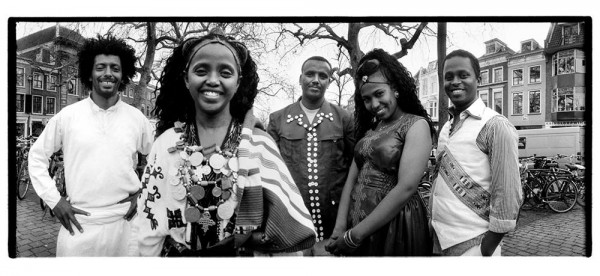
| January 2026 | ||||||
|---|---|---|---|---|---|---|
| Su | Mo | Tu | We | Th | Fr | Sa |
| 1 | 2 | 3 | ||||
| 4 | 5 | 6 | 7 | 8 | 9 | 10 |
| 11 | 12 | 13 | 14 | 15 | 16 | 17 |
| 18 | 19 | 20 | 21 | 22 | 23 | 24 |
| 25 | 26 | 27 | 28 | 29 | 30 | 31 |



